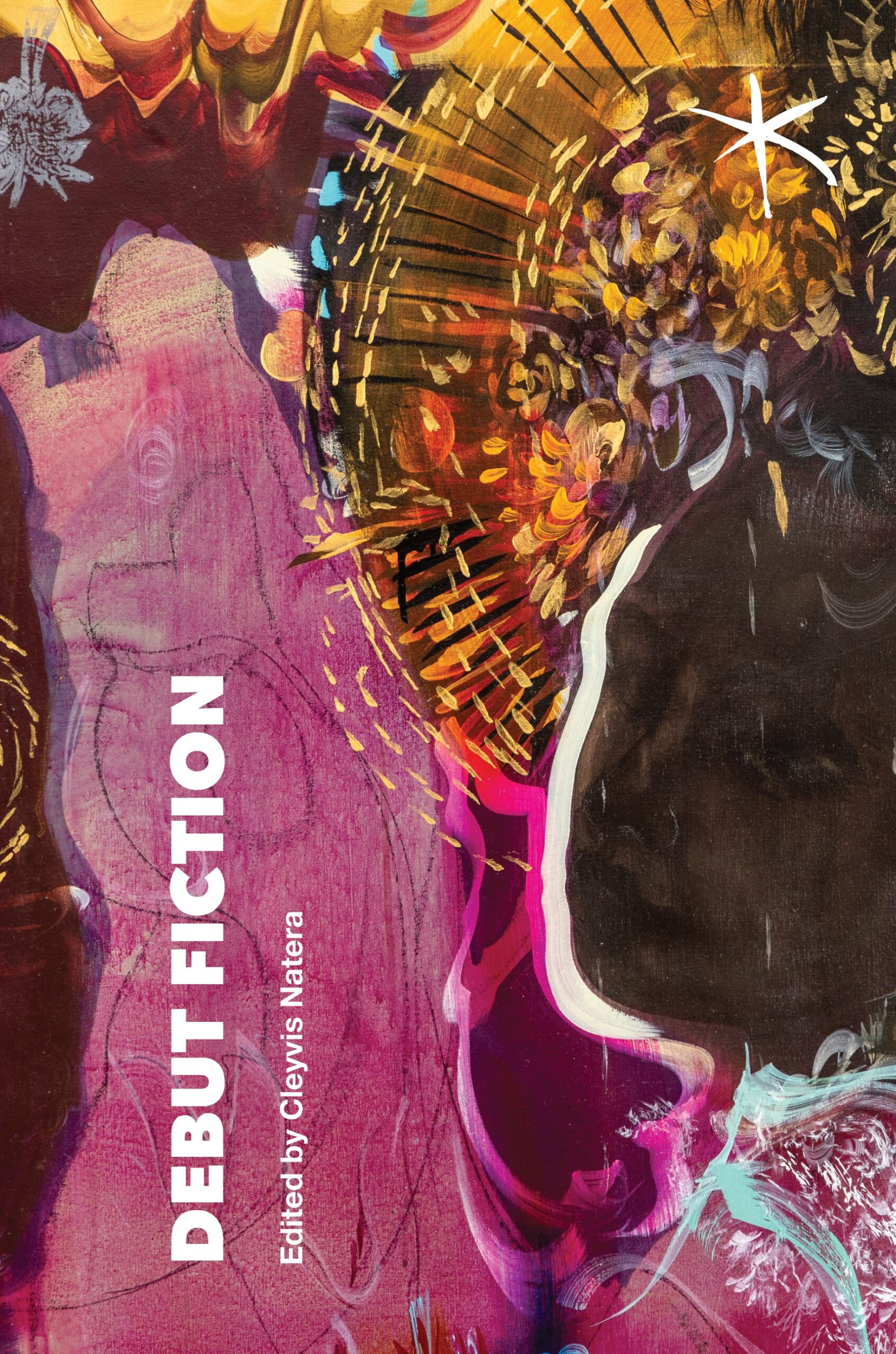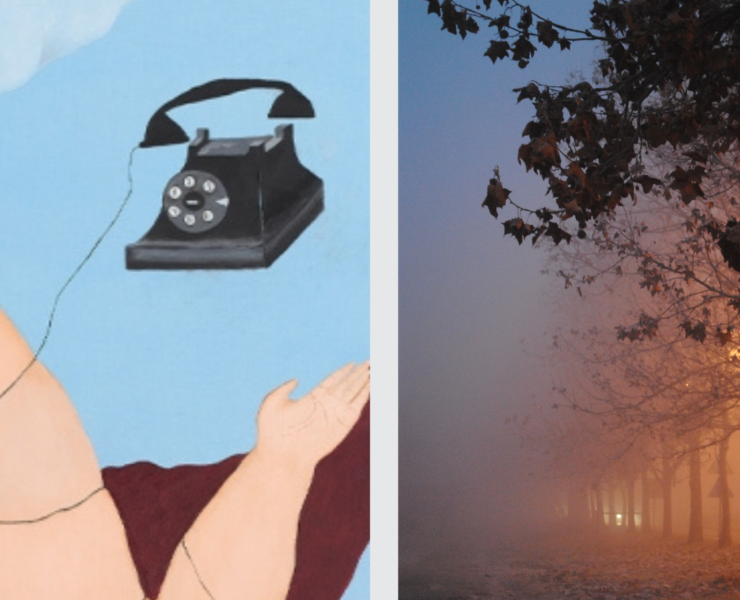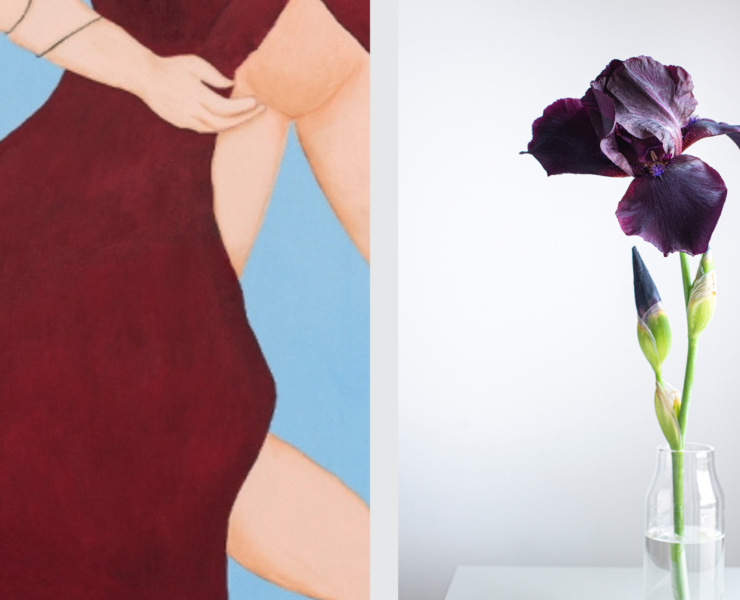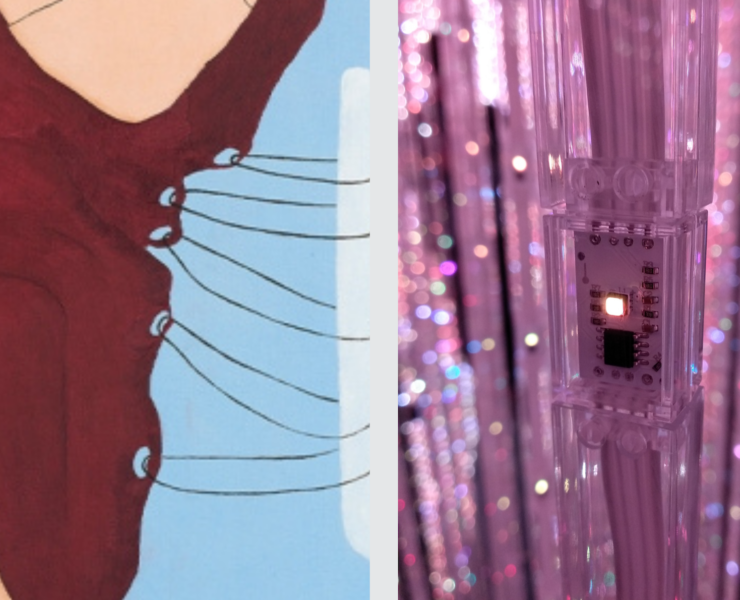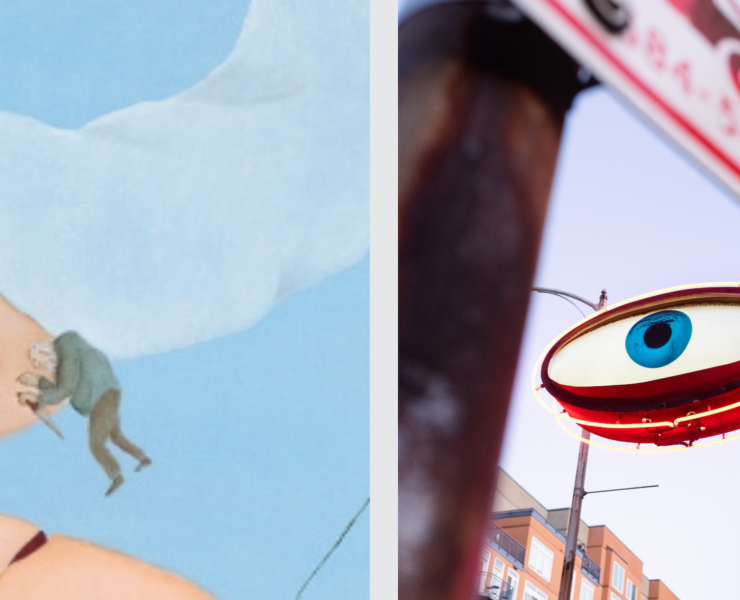2021 The Fiction Issue

After the chisme made the rounds and Tío had split the scene, I’d started over. Took any job I could get, hauling manure, laying sod at the golf course, planting potatoes, until I found my current employer. People had begun to respect me. My hand trembled as I turned up the heat beneath the skillet, praying that the crackle and hiss of frying eggs might mask the sound of his voice, intimate like the guitar in my favorite Roberto Griego song Un Pobre No Más. I willed my uncle to leave our casita, even knowing it would hurt Ma to see him go.

It’s the magic point between sunset and setting and the sky is a bluesy purple, the street is all wet with hours ago rain. I finger a rusty nail in an electric post and let Tanisha go on about Betty Davis and ordained journeys and black girl magic. There’s no real use arguing with Tanisha’s logic. It’d be like talking to the radio.

Featuring 6 micro-fictions and 5 poems inspired Cecilia Vicuña’s 1972 “Amaranta” which was “lost and reborn” when found in 2021. The Chilean artist-poet-activist writes simply as an introduction to her work, “My work dwells in the not yet, the future potential of the unformed, where sound, weaving, and language interact to create new meanings.”
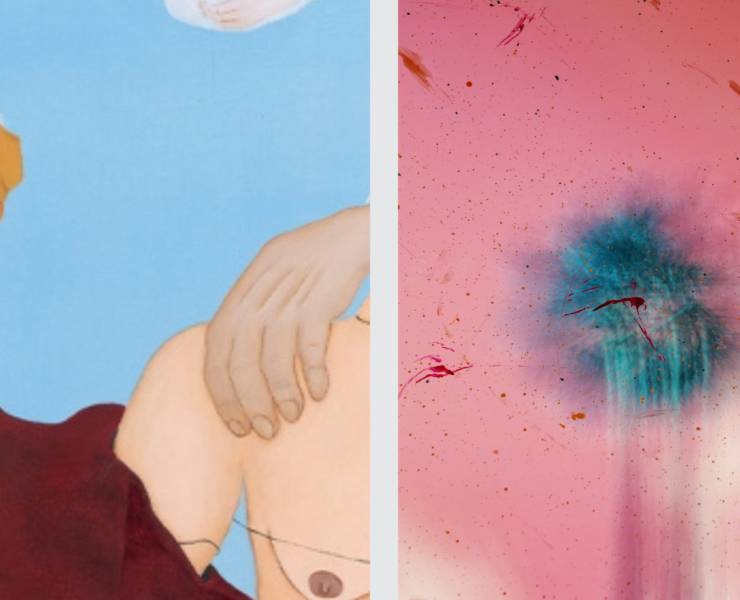
Cecilia once told me she had to choose between poetry and painting, but she no longer believes this and is recovering what was stolen, rejected, lost. You bequeath to your daughter what was left of the flag, and rejecting its unflattering form, she refashions it into a crop top to show off her midriff. She’s on the verge of something, that beautiful precipice.


